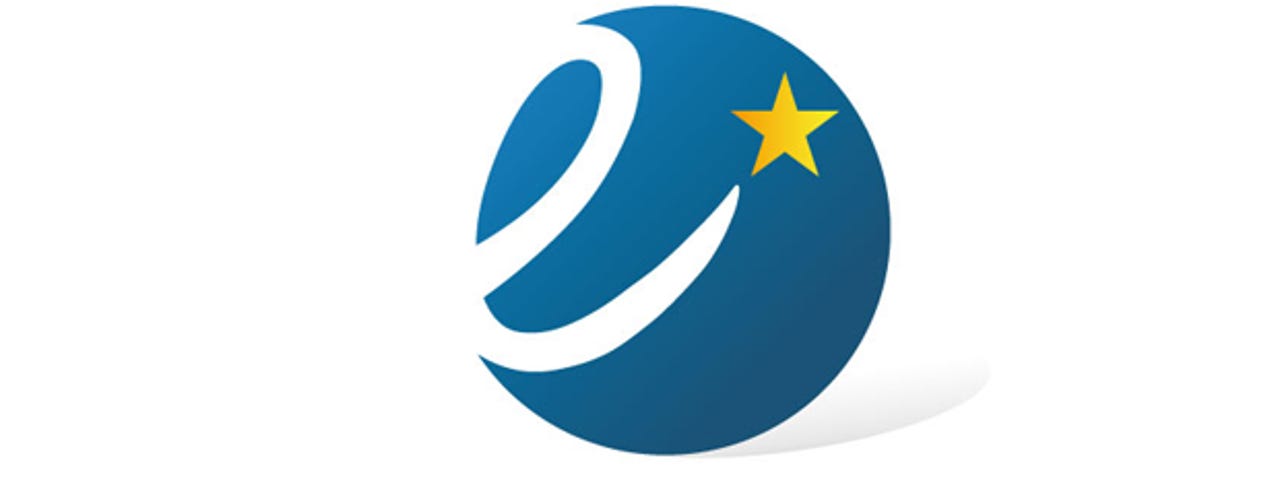Quality control for e-learning?

Three organisations have collaborated with the intention of maintaining a global quality control label for e-learner resources.
The Learning Agency Network (LANETO), the Agence Wallonne des Télécommunication (AWT) and the e-Learning Quality Service Center (eLQSC) have begun developing the label, which they hope will become an internationally recognized method of differentiating between software in an increasingly bloated online market.

Dubbed 'epprobate', the system is attempting to bridge a widening gap between different technologies, and create a means to 'rate' e-learning materials available through a standardized system across online networks.
The hope is that this kind of standardization will improve materials available within the industry, and increase competition from providers to produce better resources. According to epprobate, it is the brainchild of 16 experts from across the globe under the guidance of the consortium director, Harvey Mellar:
"During our benchmark analysis we compared existing quality grids from different nations - in the end, we agreed on a flexible grid with 11 indicators, with the courseware to be rated on each one by excellence and importance."
The pre-pilot trial was carried out in Sept 2011. It included rating traditional web-based training, blended learning, mobile learning, game based learning, instructional videos and open educational resources. After the pilot scheme, the team decided the rating system could be applied to all of these types of courseware.
The review process of material follows these steps:
- The courseware producer provides a self assessment of the courseware in relation to the quality grid.
- The courseware and the self assessment document are then considered by a review team, including a pedagogical expert, peer reviewer, and a representative of the target group (who will usually be suggested by the applicant).
- The reviewers rate the courseware on a four point scale for each criterion.
- The team meet to reach a consensus view, and then invite the applicant to a meeting to answer questions arising from the rating awarded.
- The report of the review team is then forwarded to the international awarding body, who make the final decision on the award of the label.
- The courseware provider receives feedback three times during this process: after the meeting of the review team, during the subsequent meeting of the applicant with the review team, and after the meeting of the awarding body.
Each year the epprobate group will examine the courseware awarded the label during the previous year, and grant awards for the best e-learning material available.
Epprobate will attempt to provide a standardised system of labelling for e-learning materials and encourage a level of collaborative improvement across the industry -- it remains to be seen whether this idea will take root on a global basis.
Photo credit: epprobate
Related: